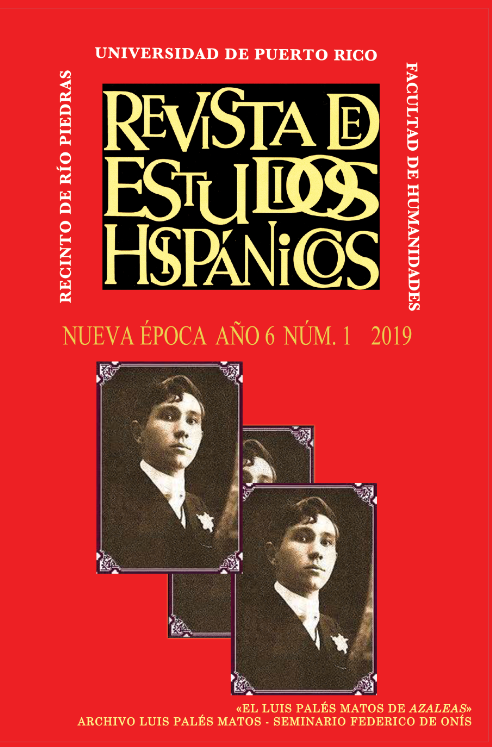Abstract
Until now literary criticism has unquestioningly assumed that Miguel de Unamuno is a viviparous writer. However, no matter how insistently the author tries to define himself as such, the analysis of his stories shows that he assertively practiced the model of the oviparous writer instead. In the present collaboration we try to demonstrate that Unamuno‘s inclination to autofiction, to self-portrait in the protagonists of his stories, does not result in an improvisatory or a so-called "whatever comes out" prose but quite the opposite, in an oviparian or "well-planned prose. In other words, the projection of the different nuances of Unamuno‘s agonizing "I" in the characters of his stories is not expressed through an improvised narrative, but rather in a well-planned narrative process.

This work is licensed under a Creative Commons Attribution-NonCommercial 4.0 International License.

